Decarbonizing global energy: the route to net zero?
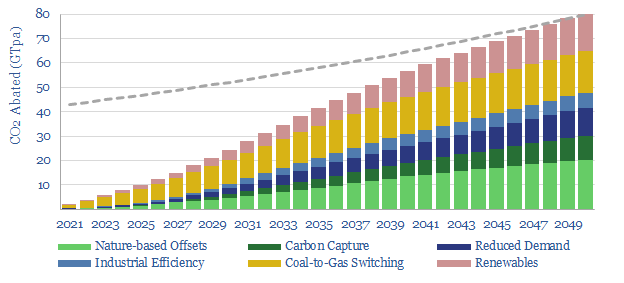
…for an average CO2 cost of $42/ton. Remarkably, this is almost half the cost foreseen one year ago. 85Mbpd of oil and 375TCF pa of gas are still required in…

…for an average CO2 cost of $42/ton. Remarkably, this is almost half the cost foreseen one year ago. 85Mbpd of oil and 375TCF pa of gas are still required in…
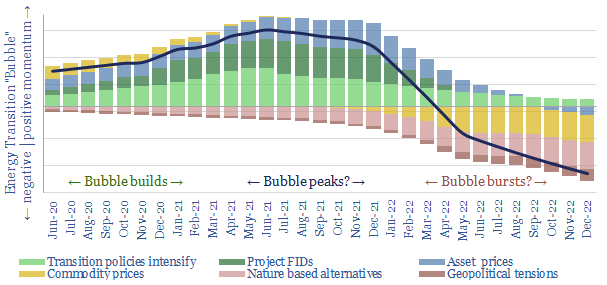
…eventual under-supply in conventional oil and gas markets (pages 10-13). (5) Shale productivity is likely to disappoint during the recovery, albeit temporarily (pages 14-15). (6) Project FIDs will need to…
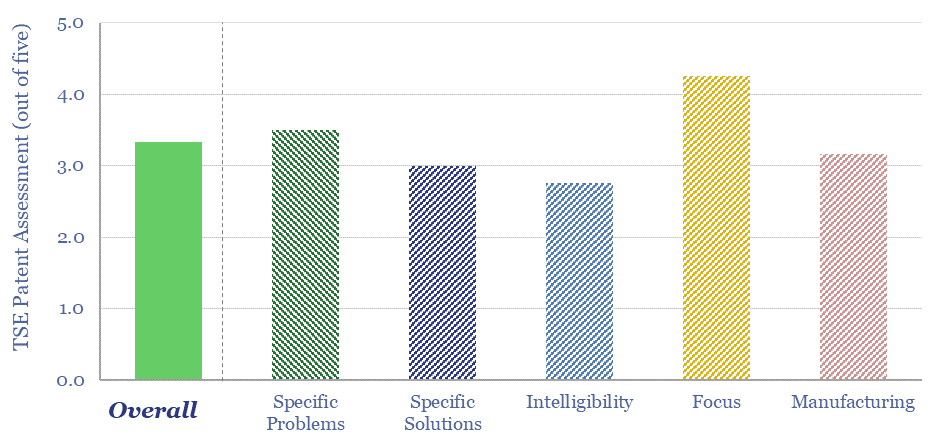
…from the unconventional oil and gas industry are likely to be a crucial enabler from deep geothermal, based on the comments made in the patents. Eavor Technologies is the company…
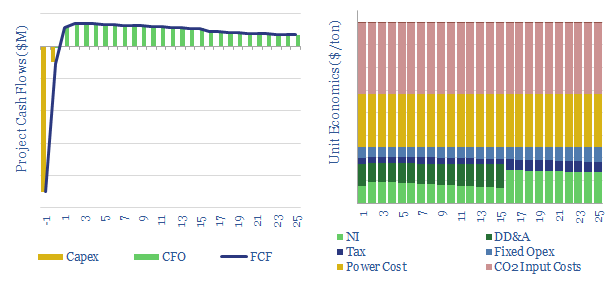
…CO2 into CO and oxygen? $499.00 – Purchase Checkout Added to cart This data-file models the economics of CO2 electrolysis, including recent advances from leading industrial gas companies, and by analogy to hydrogen…
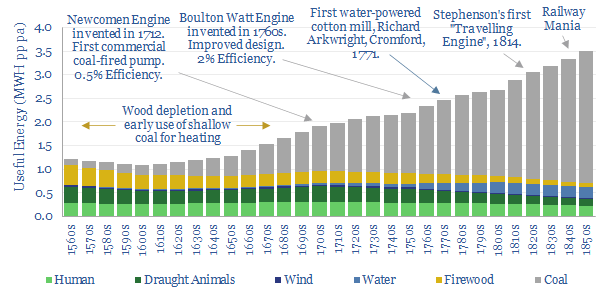
…other way around. https://thundersaidenergy.com/2020/09/03/great-white-whales-the-end-of-oil-and-gas/ https://thundersaidenergy.com/2020/04/17/what-oil-price-is-best-for-energy-transition/ (3) Energy transition and abolitionism? Amazingly, human labor was the joint-largest source of useful energy around 1600, at c25% of total final energy consumption. But…
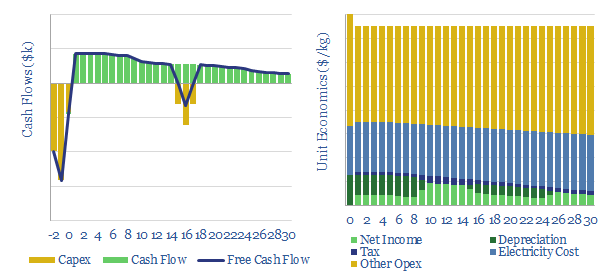
…greenhouses takes 1,000kWh of electricity per m2 per year, emitting 3kg of CO2 per kg of food, if the grid is 50% gas and 50% renewables. CO2 costs of vertical…
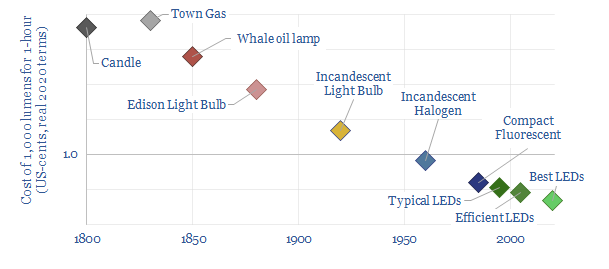
…back to 1800 and covers candles, whale oil, town gas, incadescent bulbs, halogen and LEDs. The work culminates with LED lighting, tracing the record efficiency levels announced in recent years….
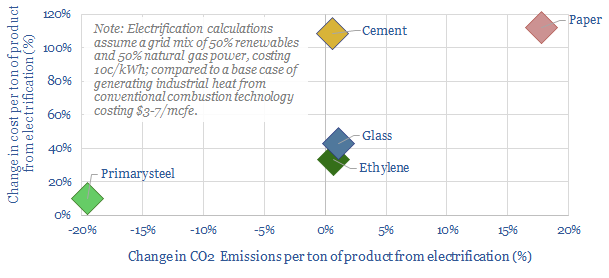
…pages 2-5. The costs and CO2 intensity of gas, coal and electricity are broken down on pages 5-7, in units of kg/kWh and c/kWh, along with workings. This analysis shows…
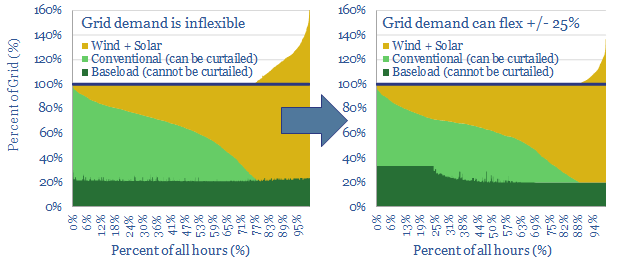
…can reach 50% of its power grid by 2050, with follow-through consequences for our gas and power models (page 20). Our global renewables forecasts are not upgraded, as the bottleneck…
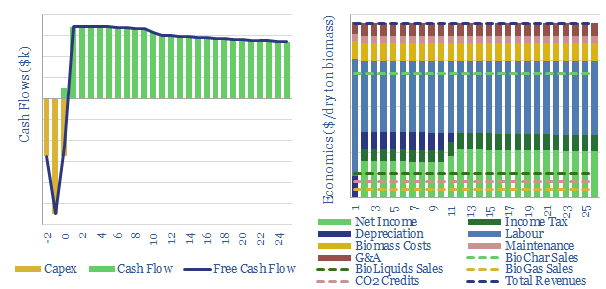
This data-file captures the economics of producing biochar from waste biomass that would otherwise be likely to decompose. Other products are bio-oil and bio-gas, with the mix depending on reactor…